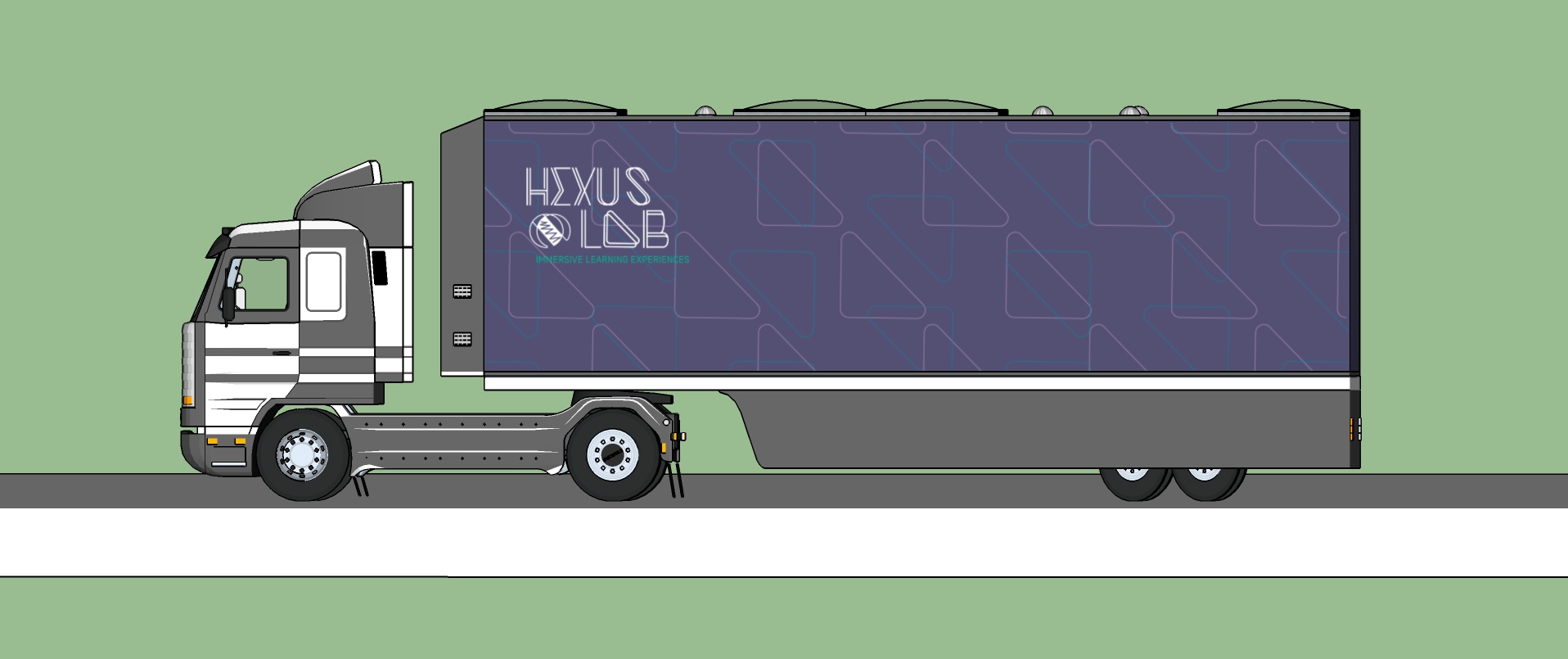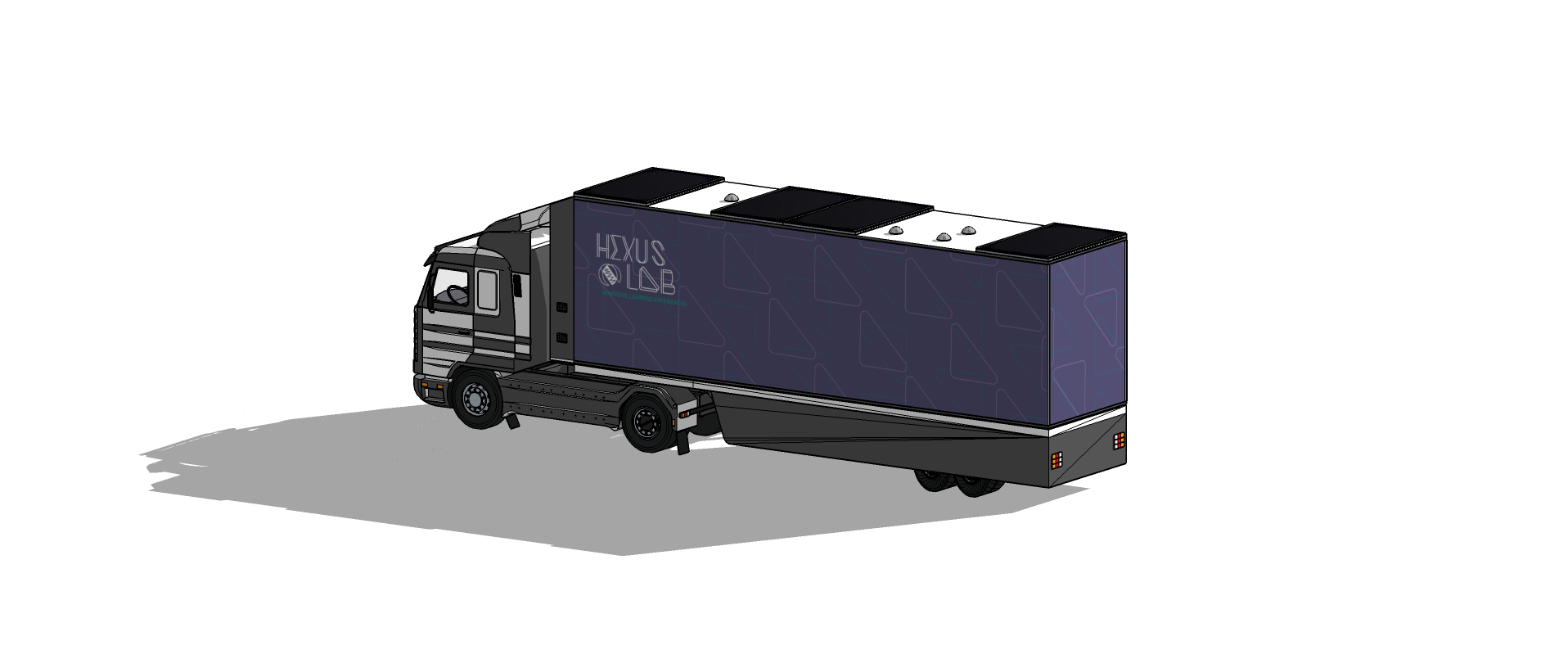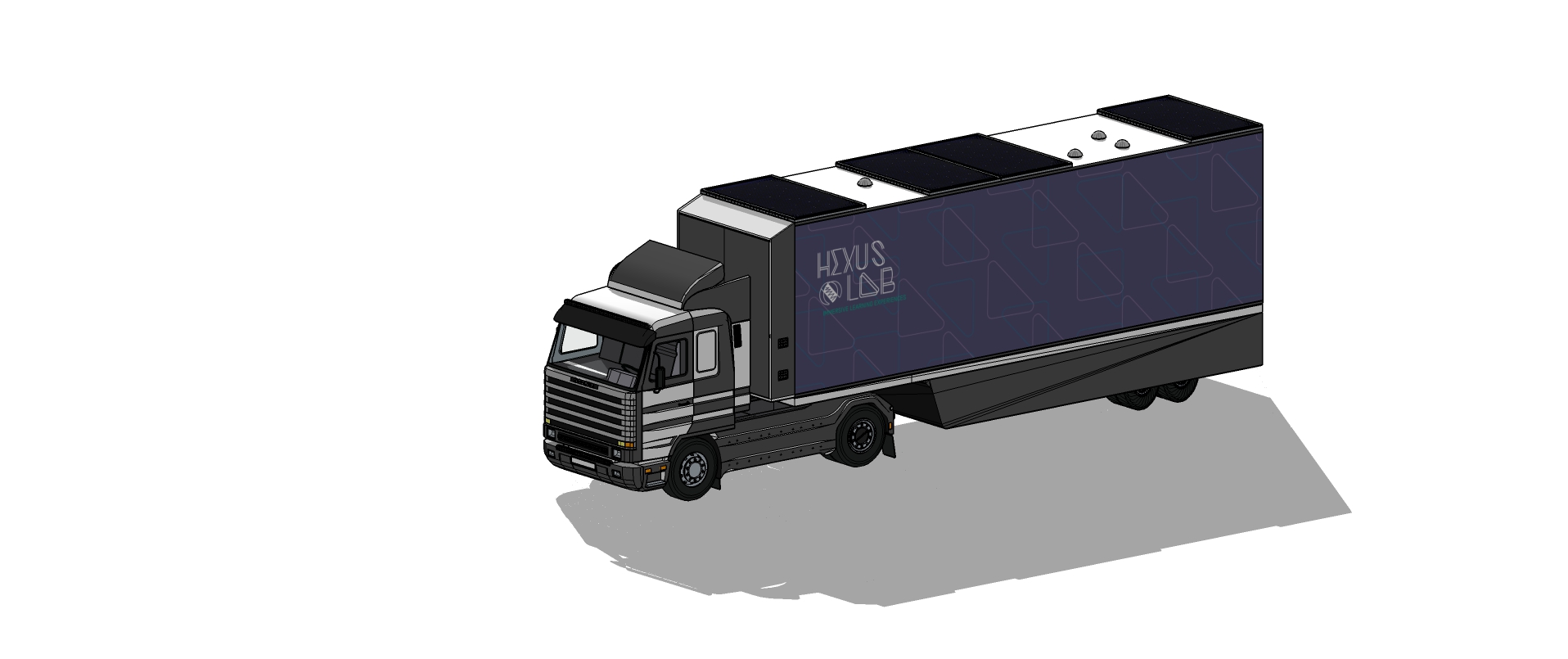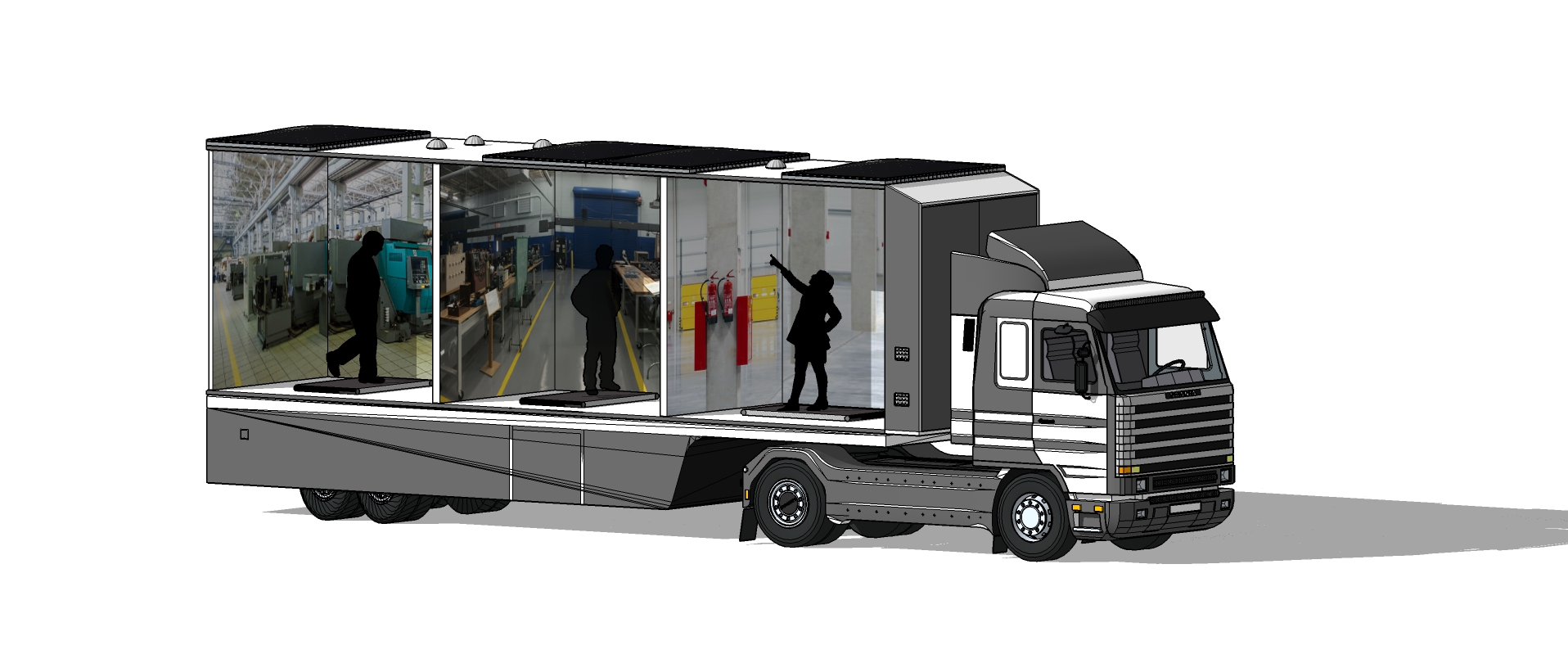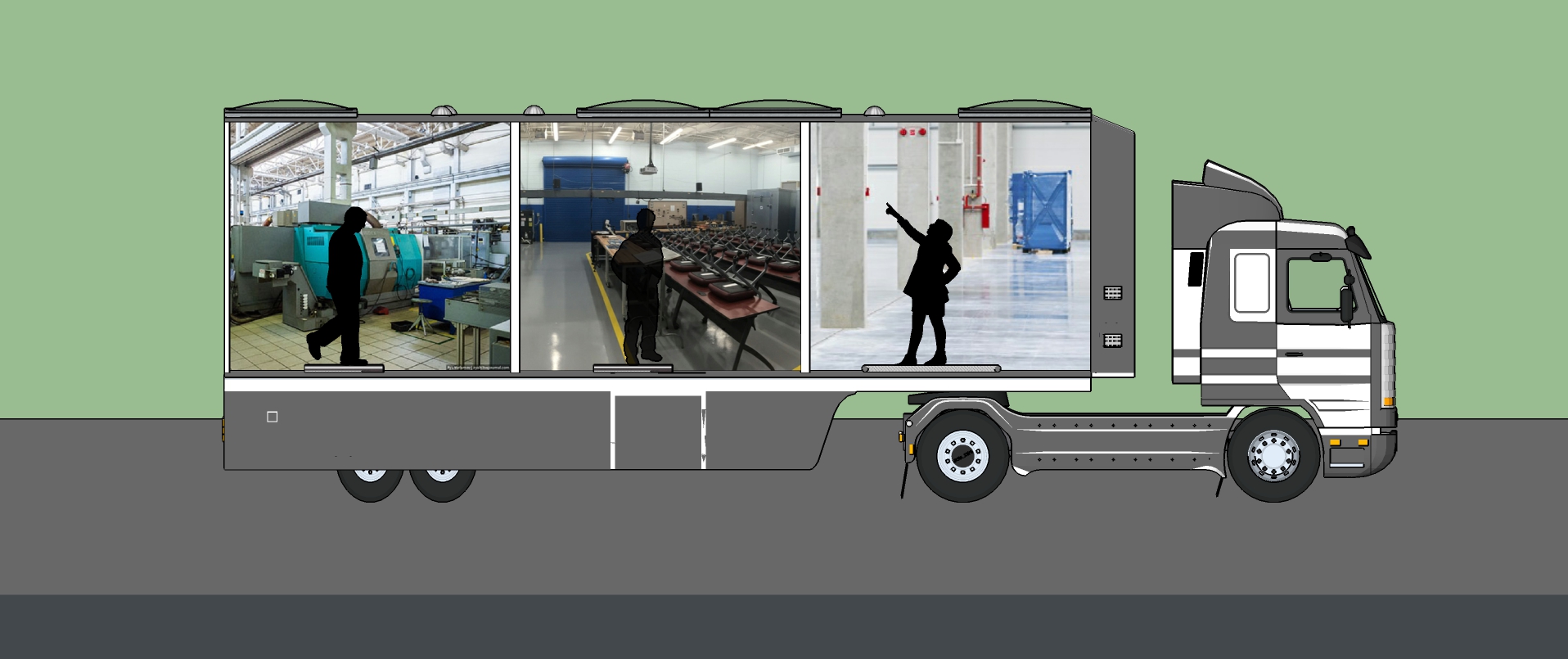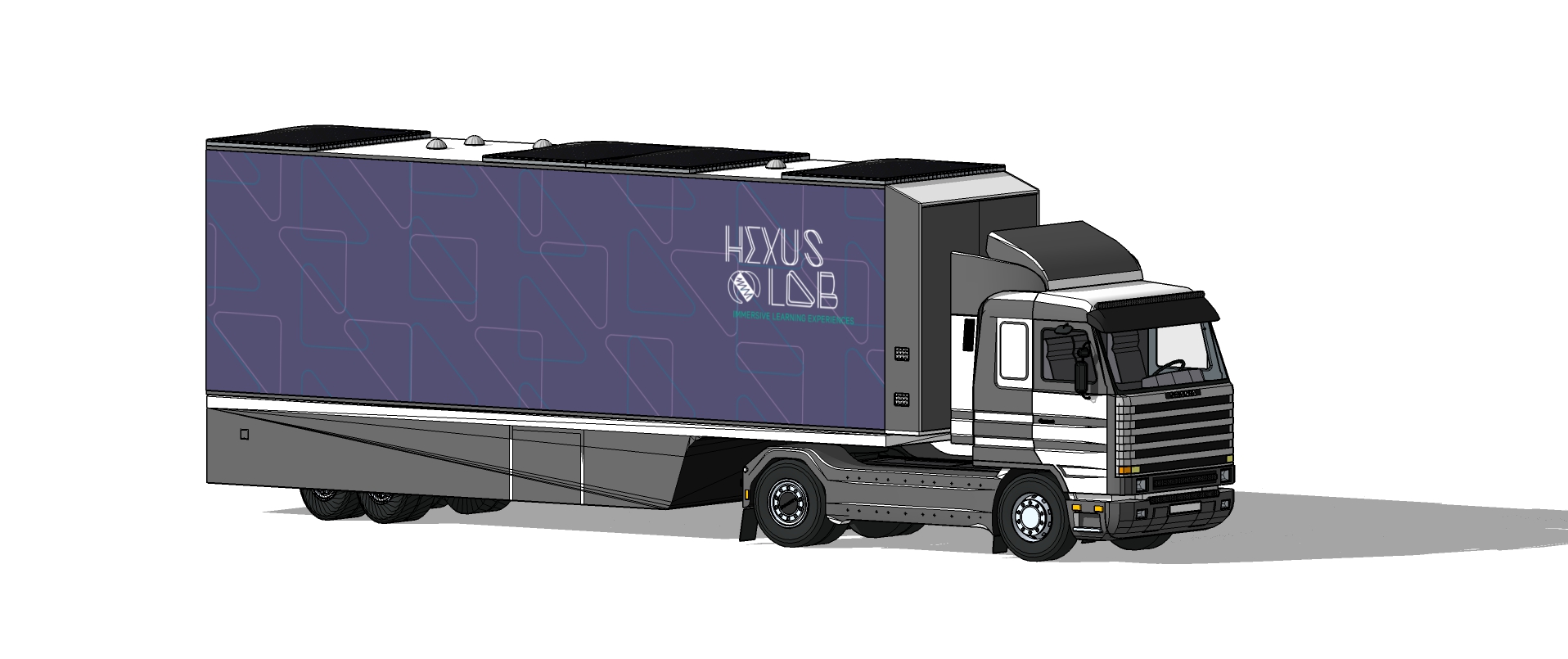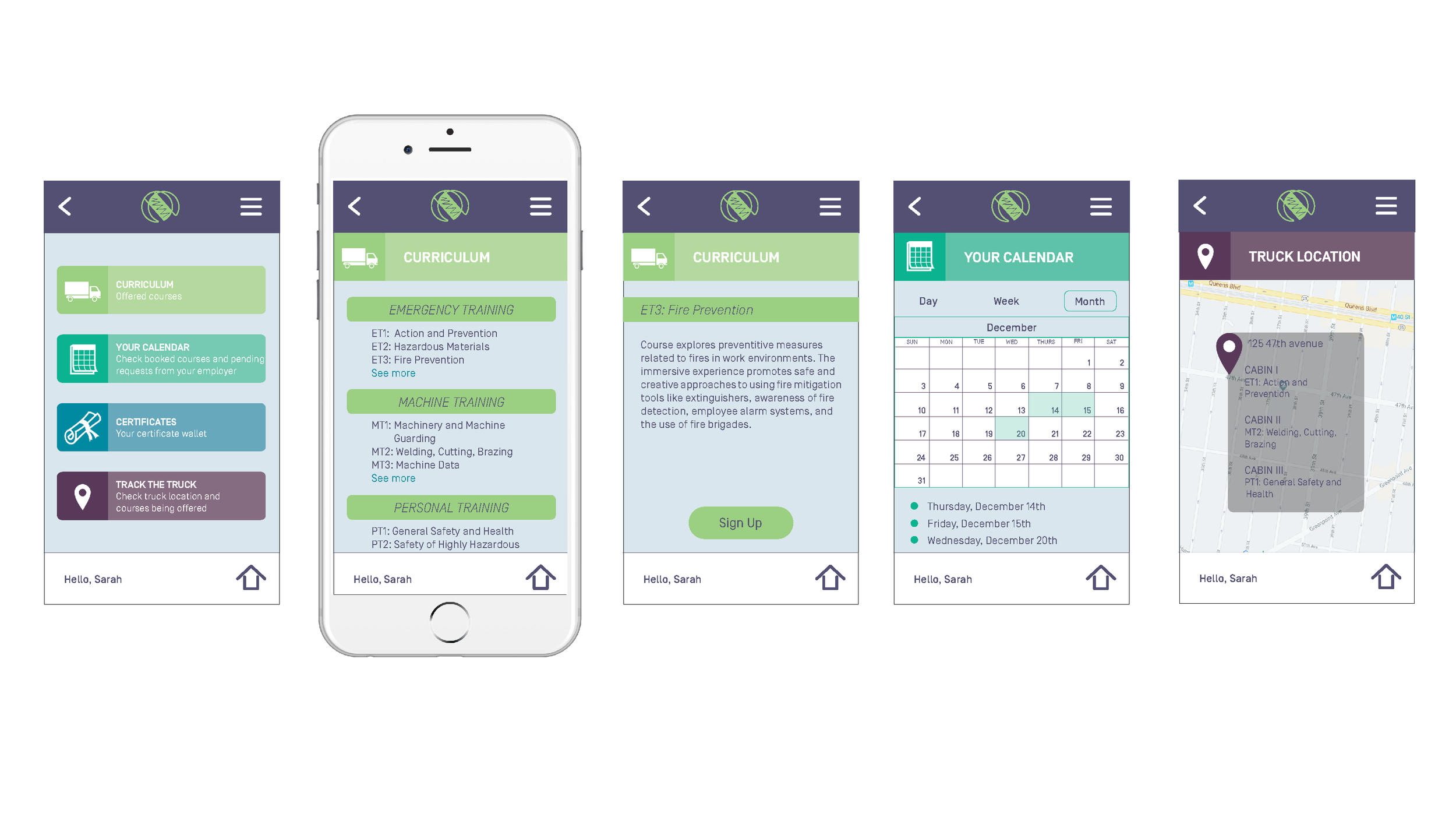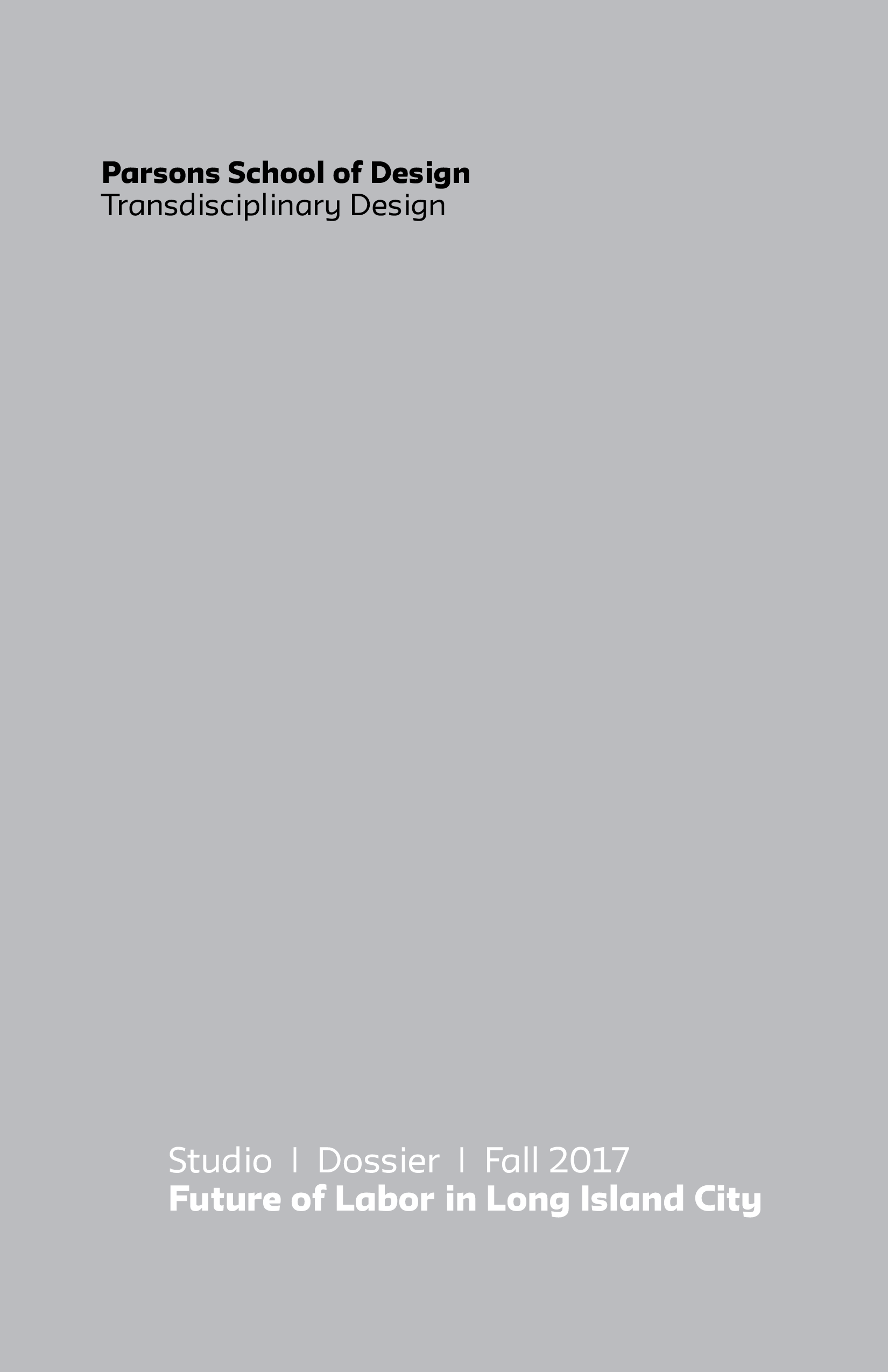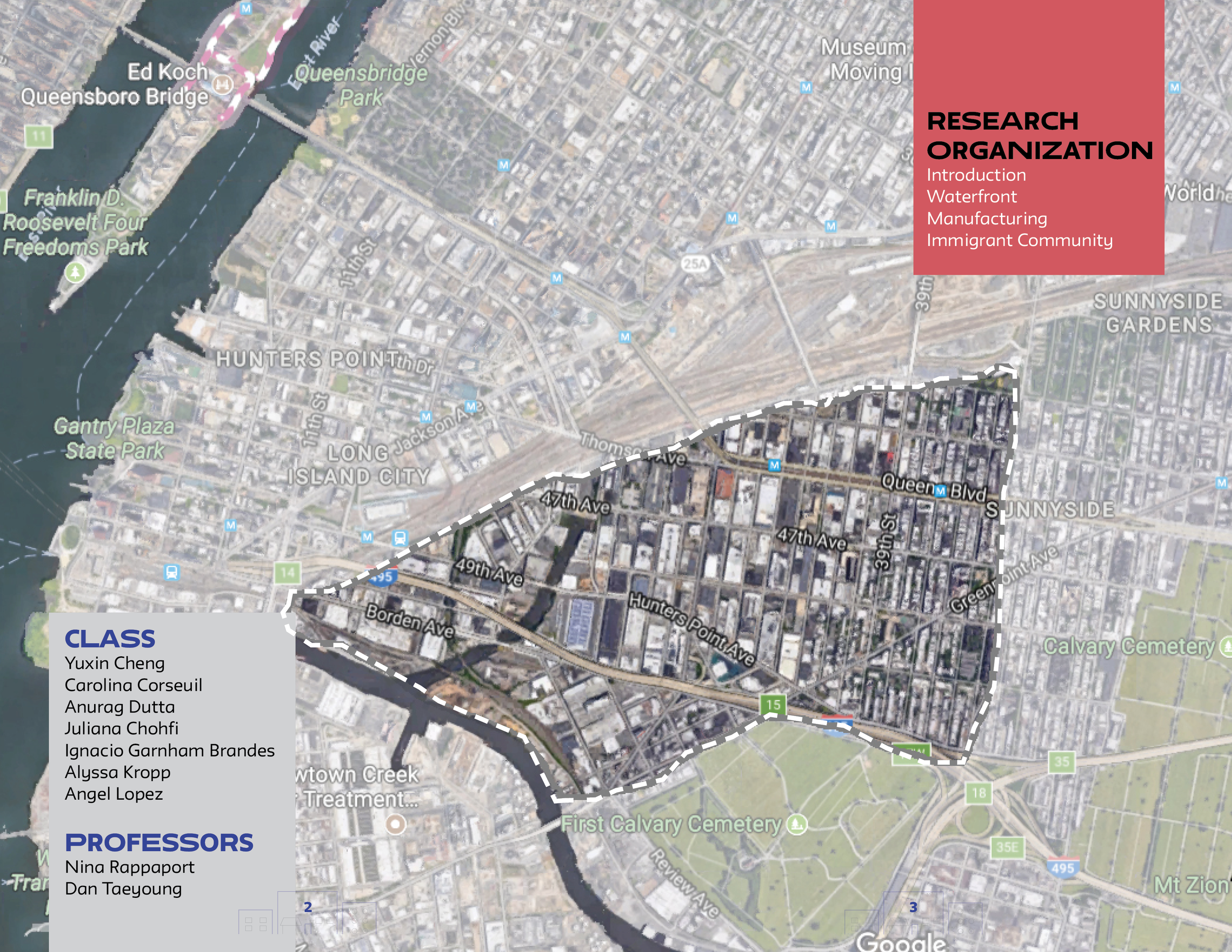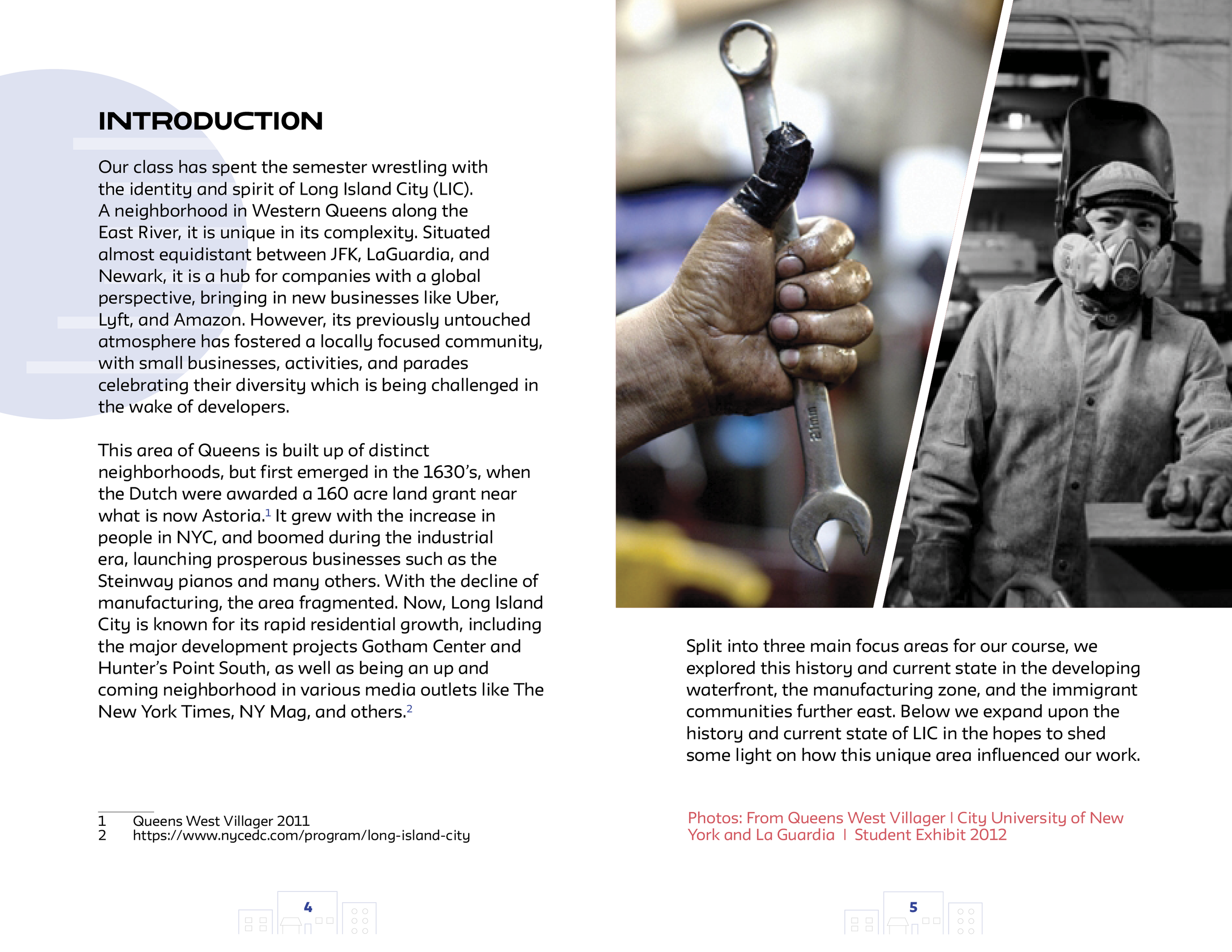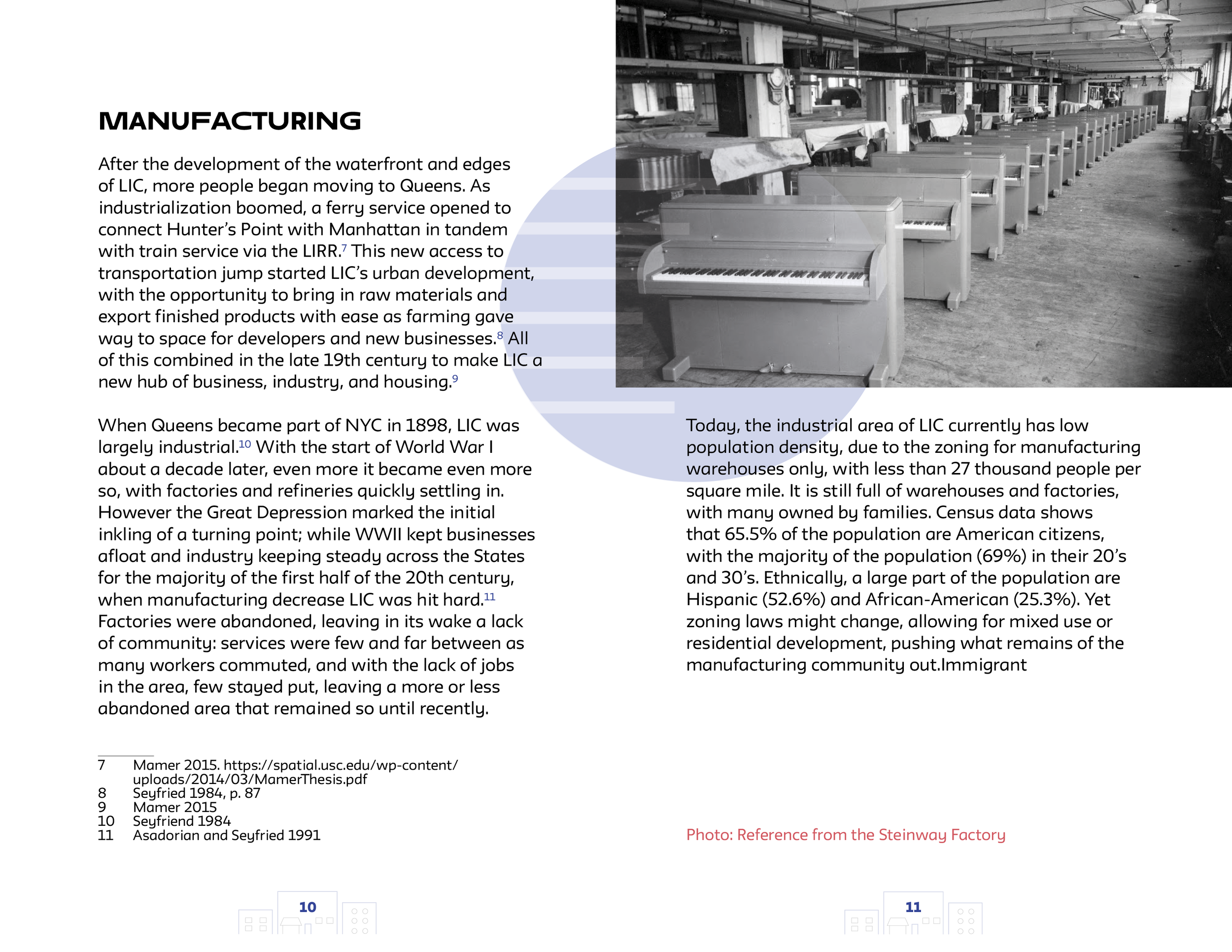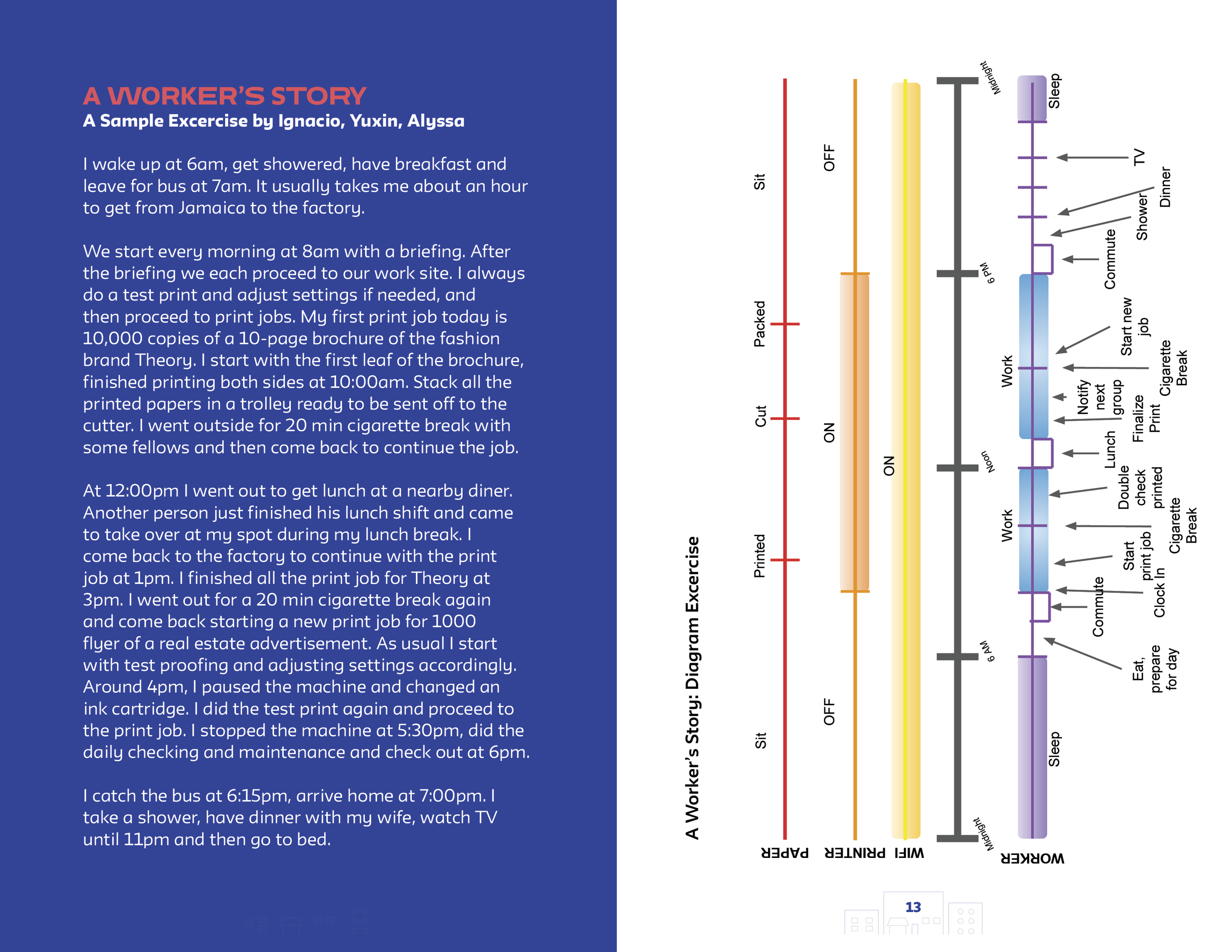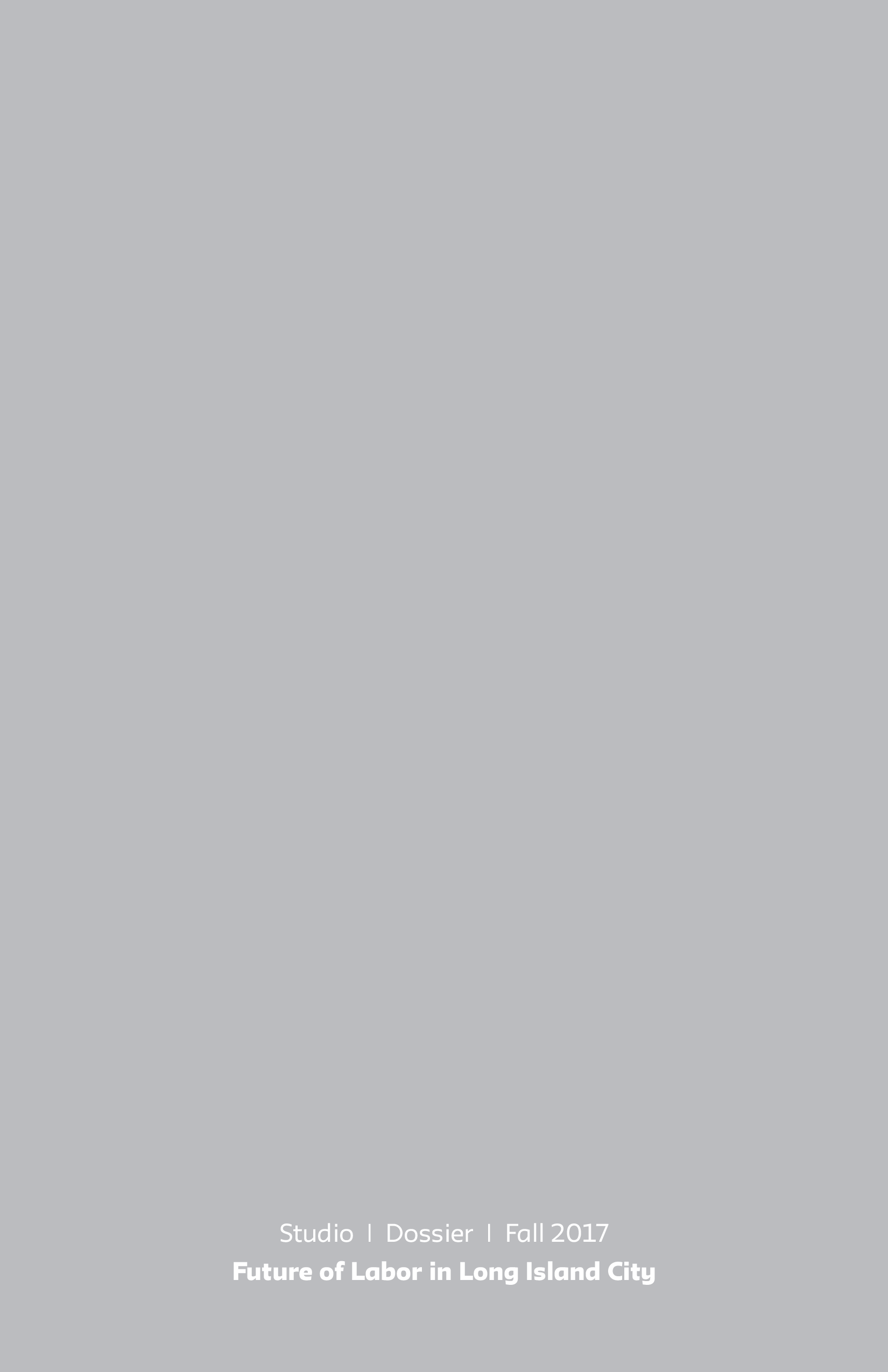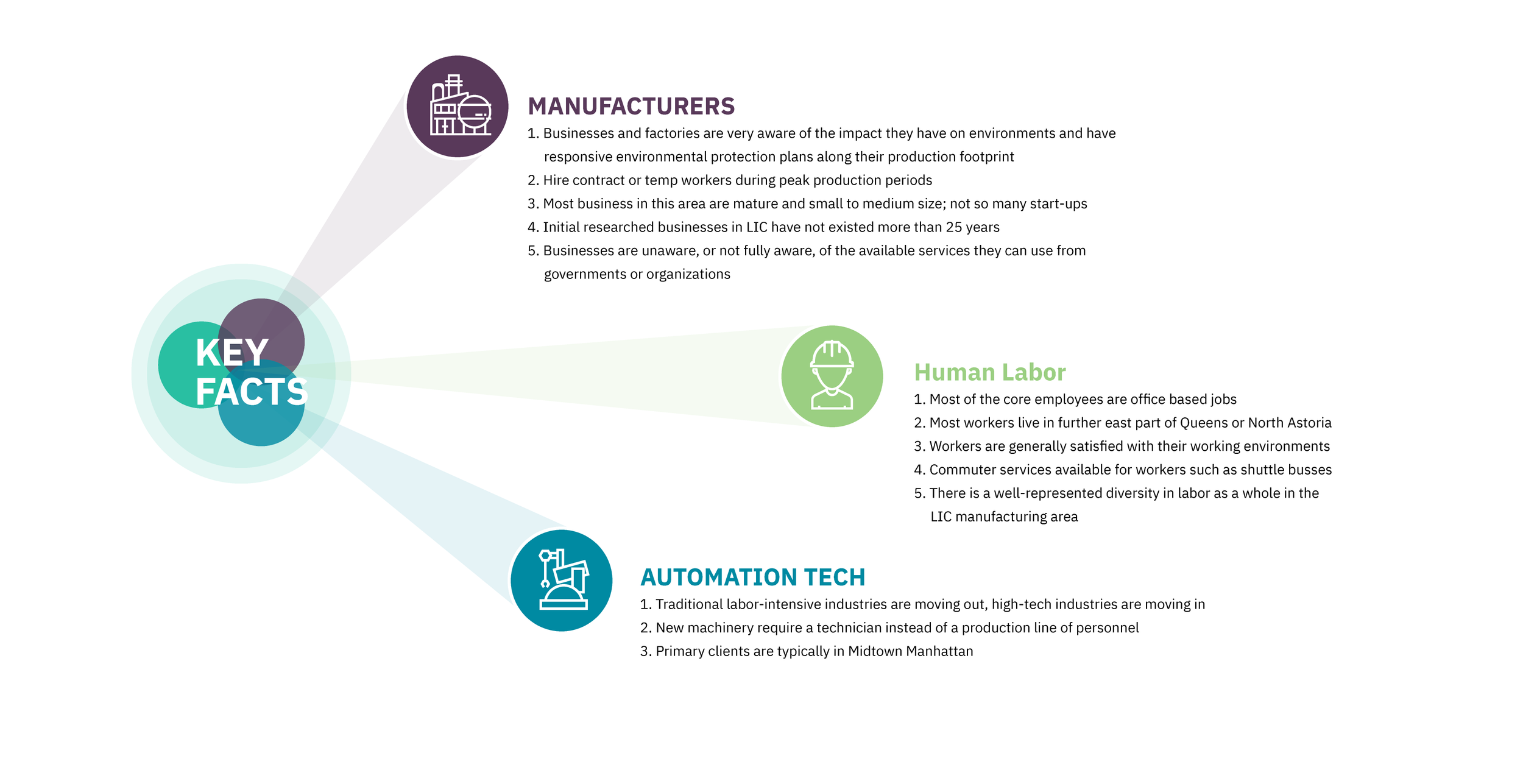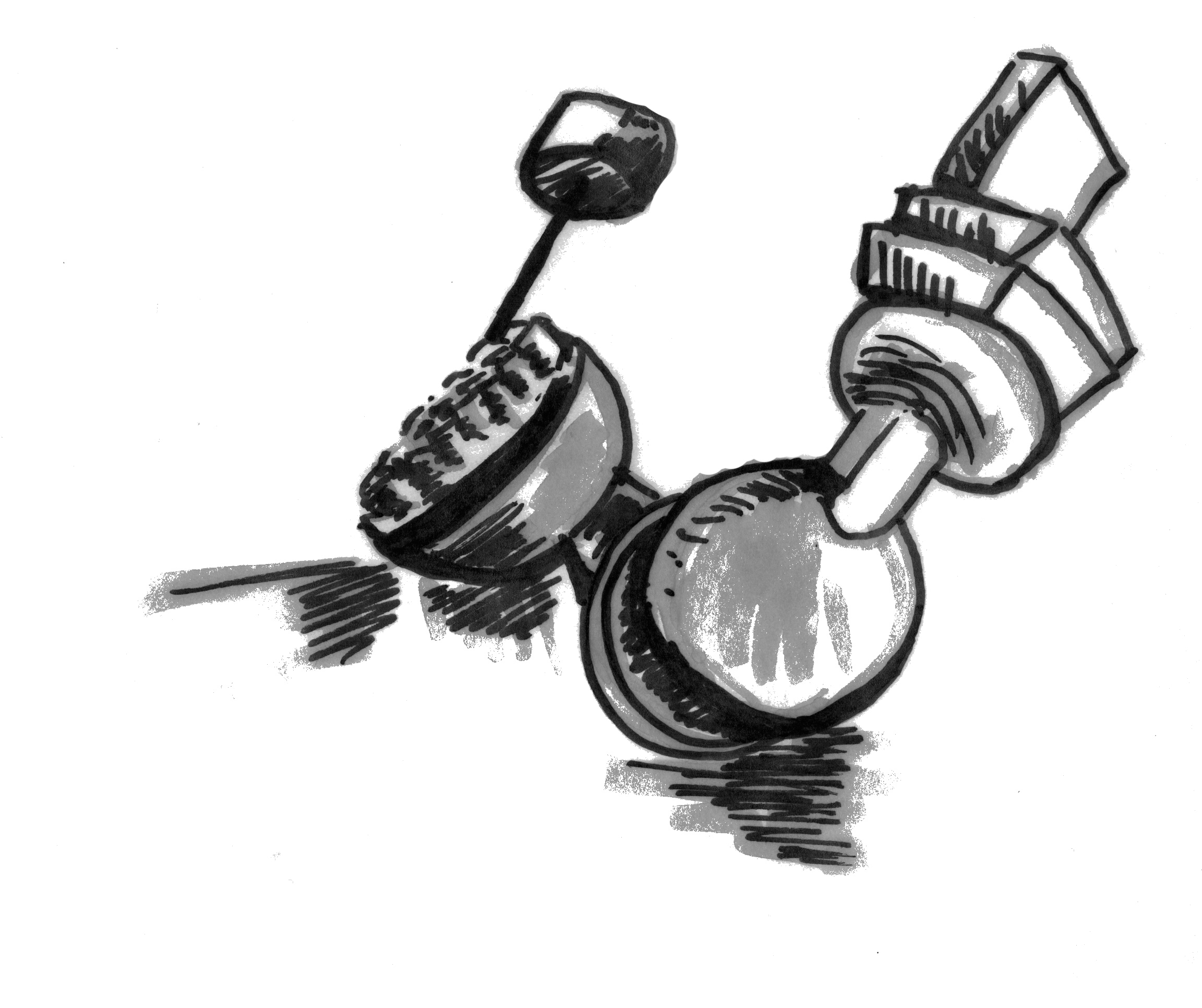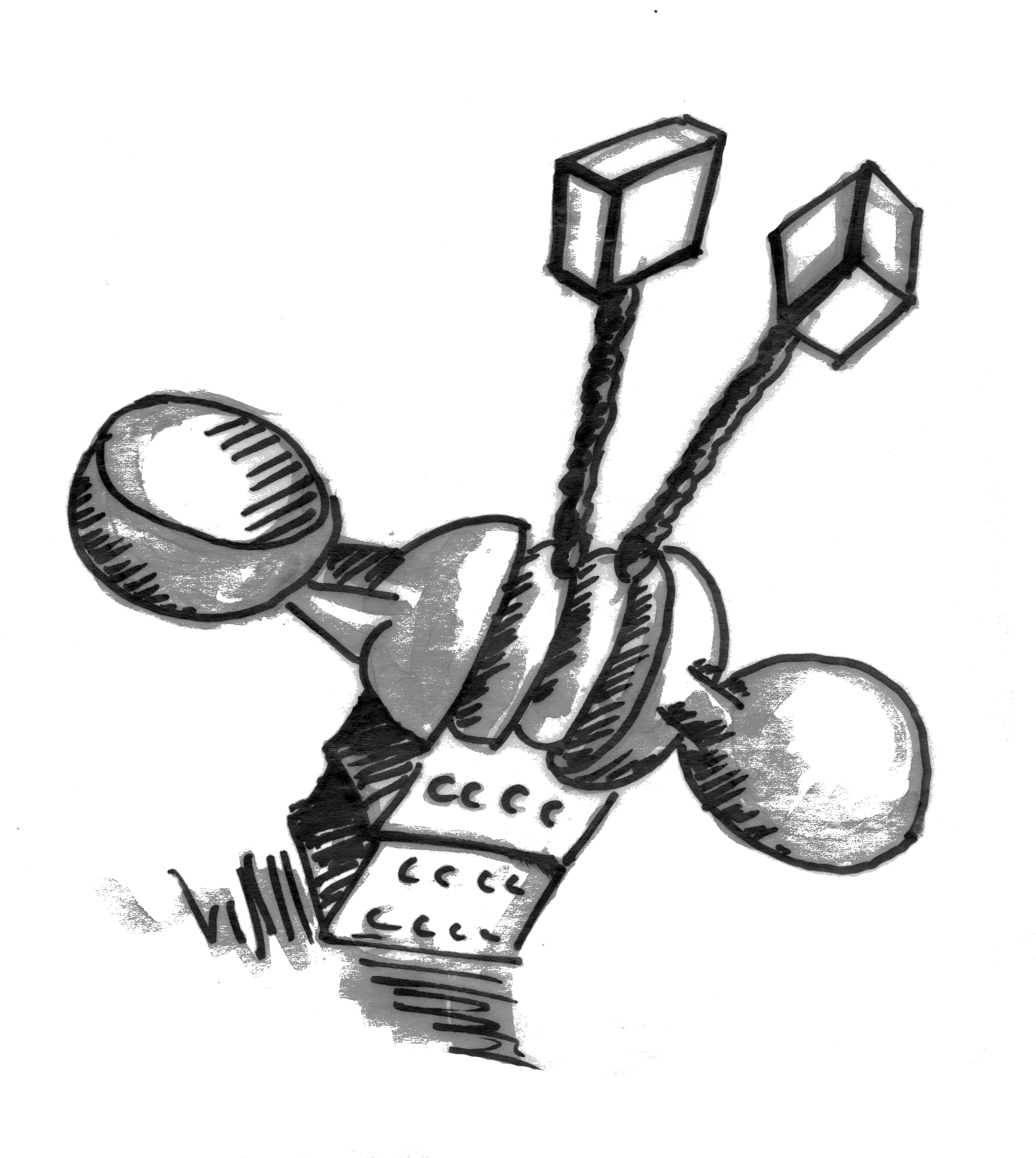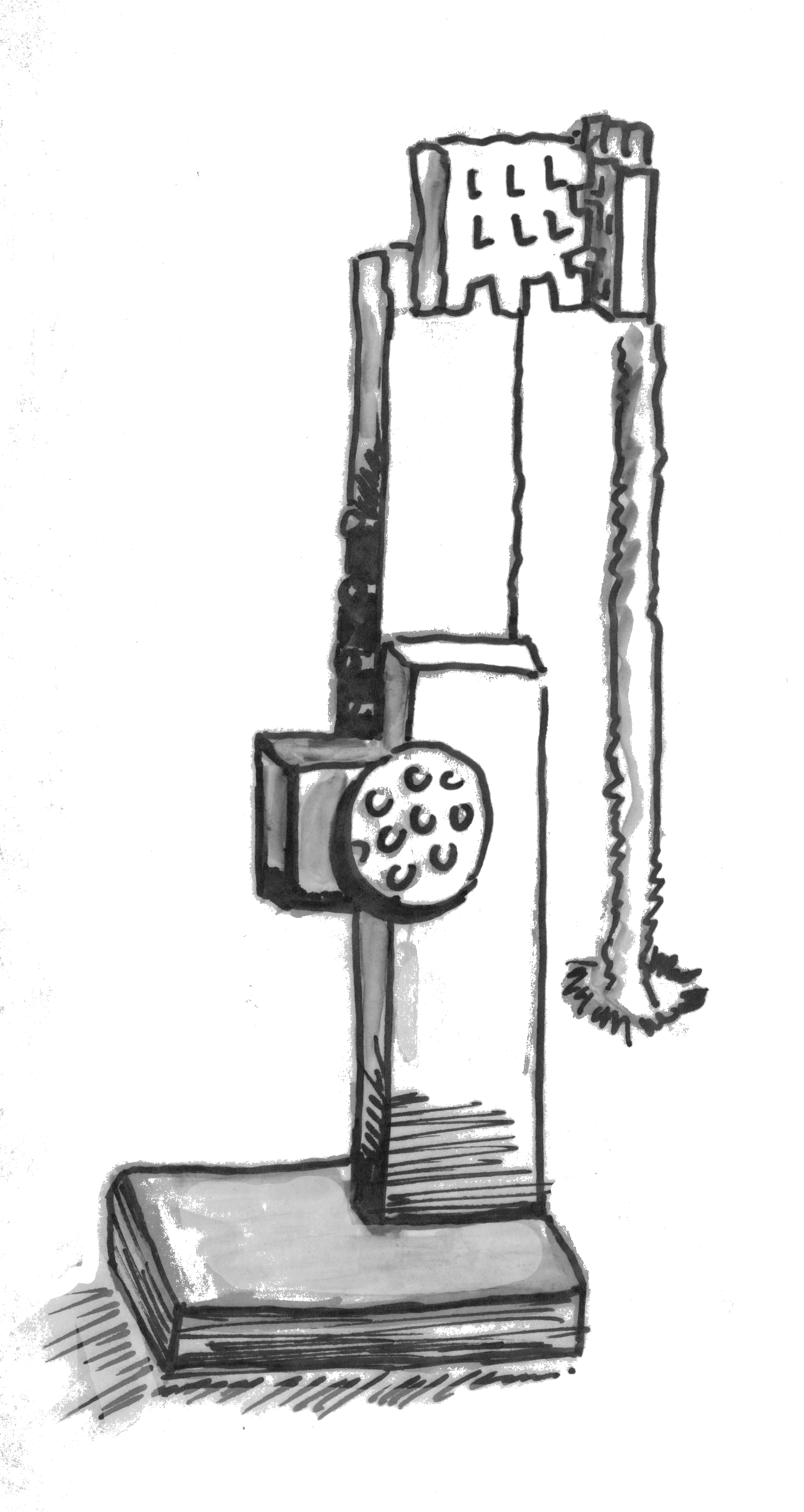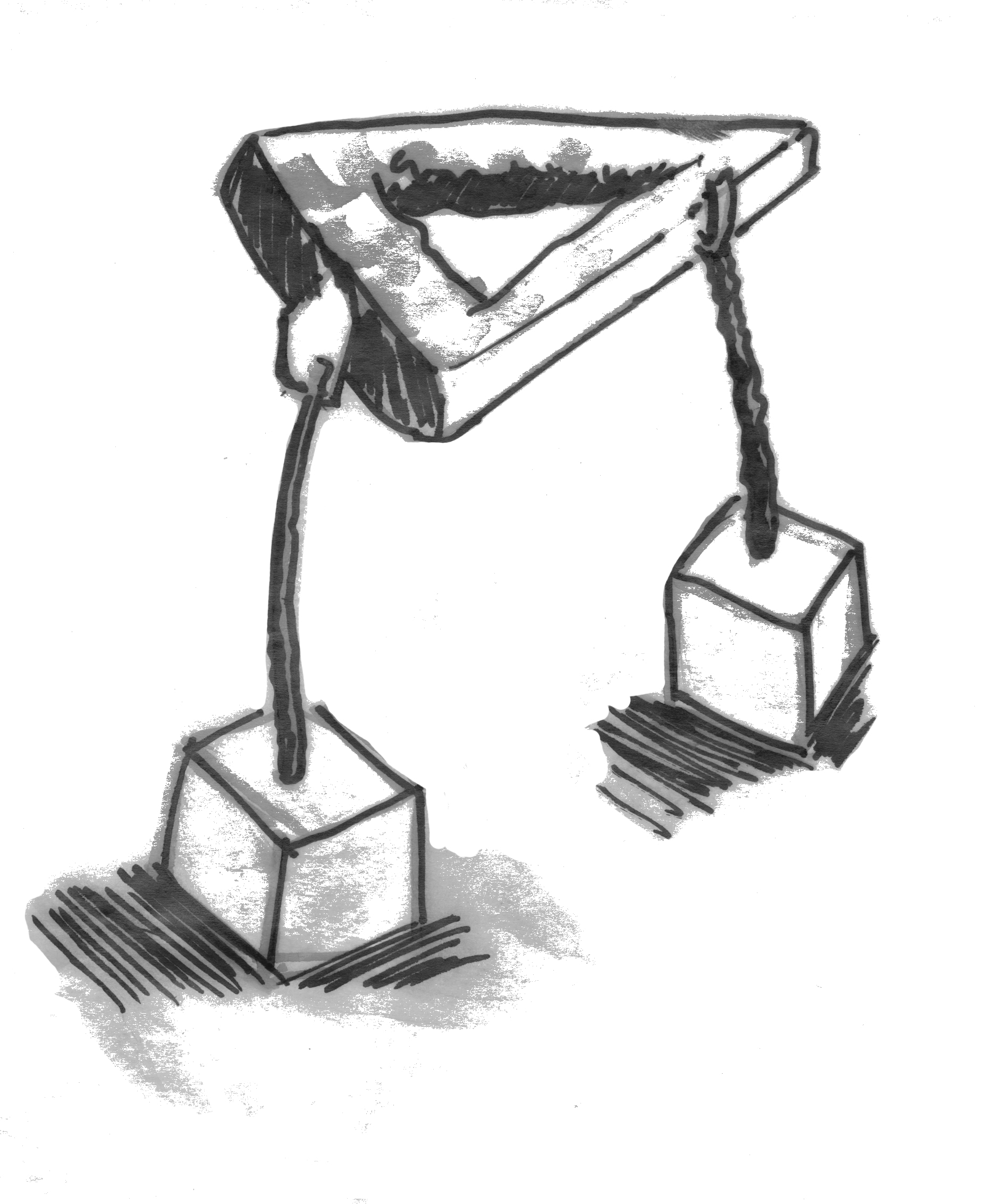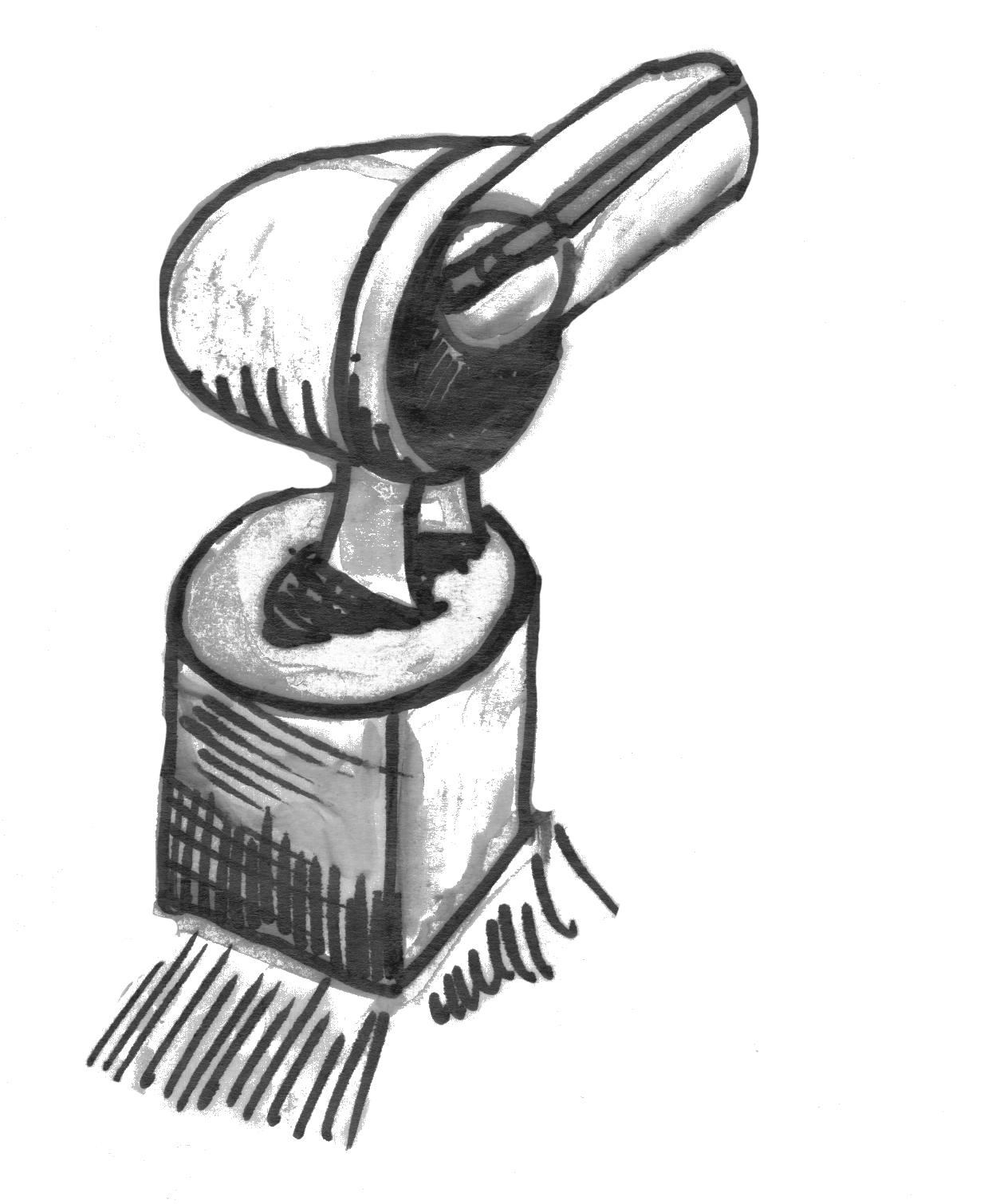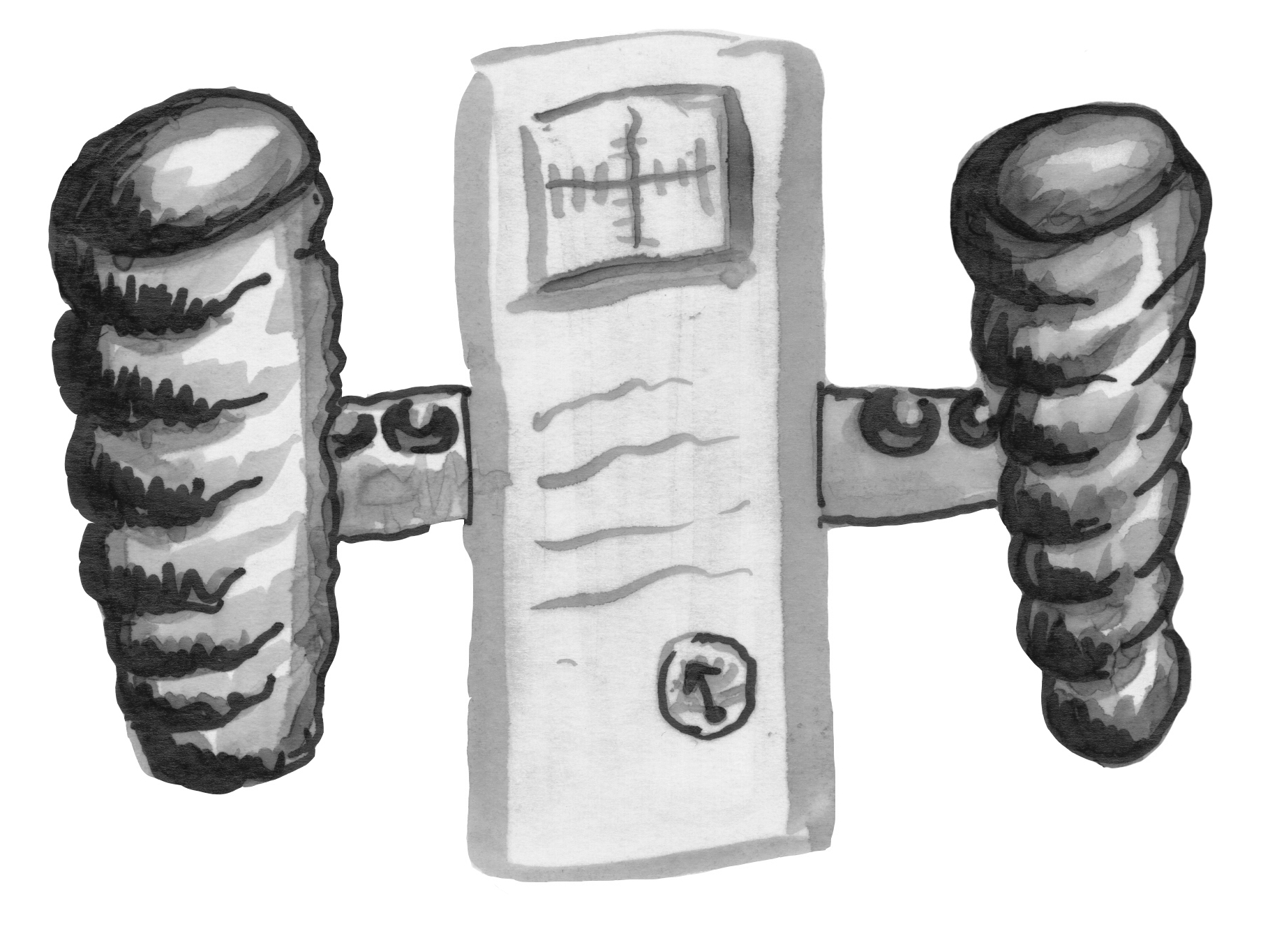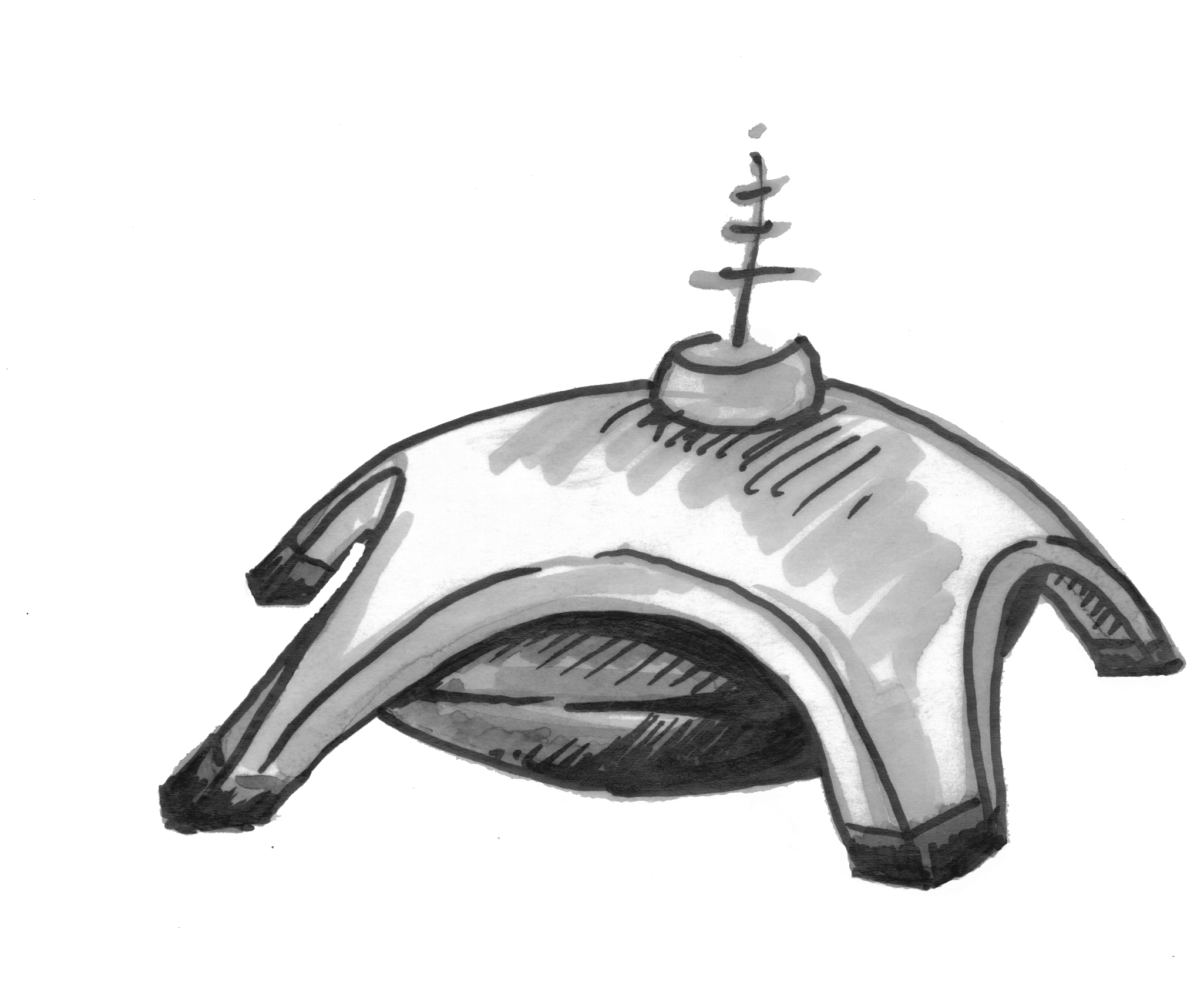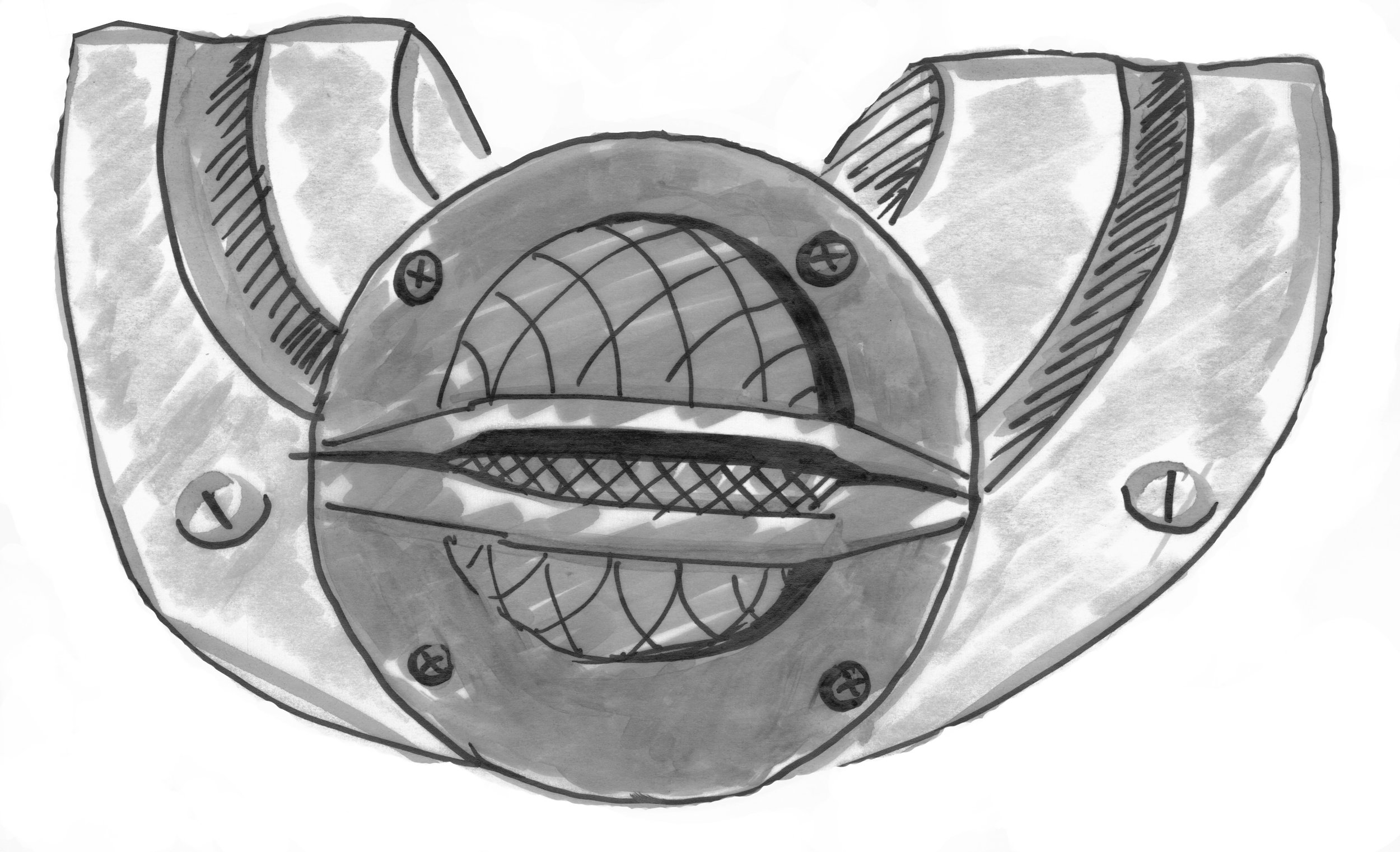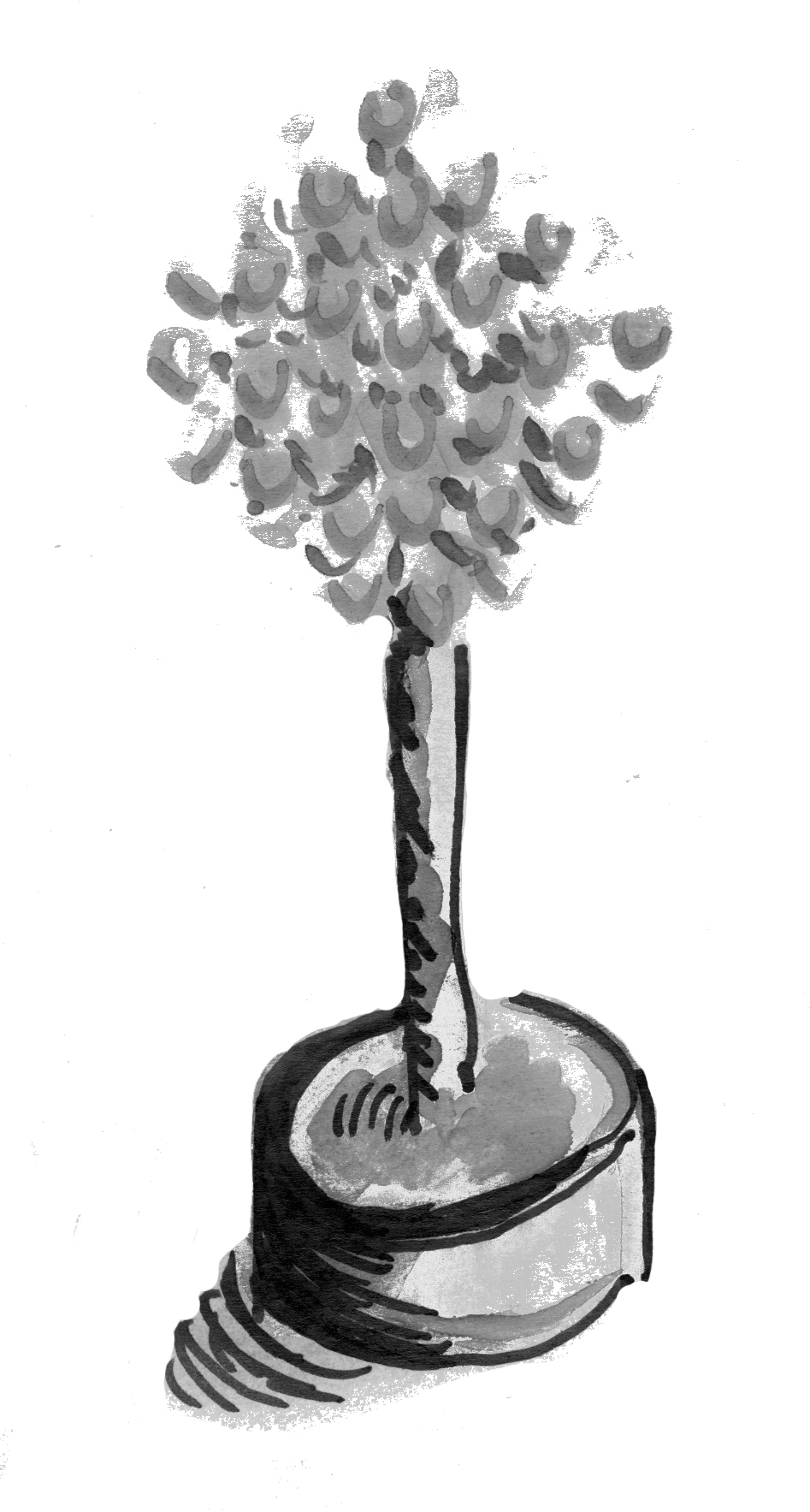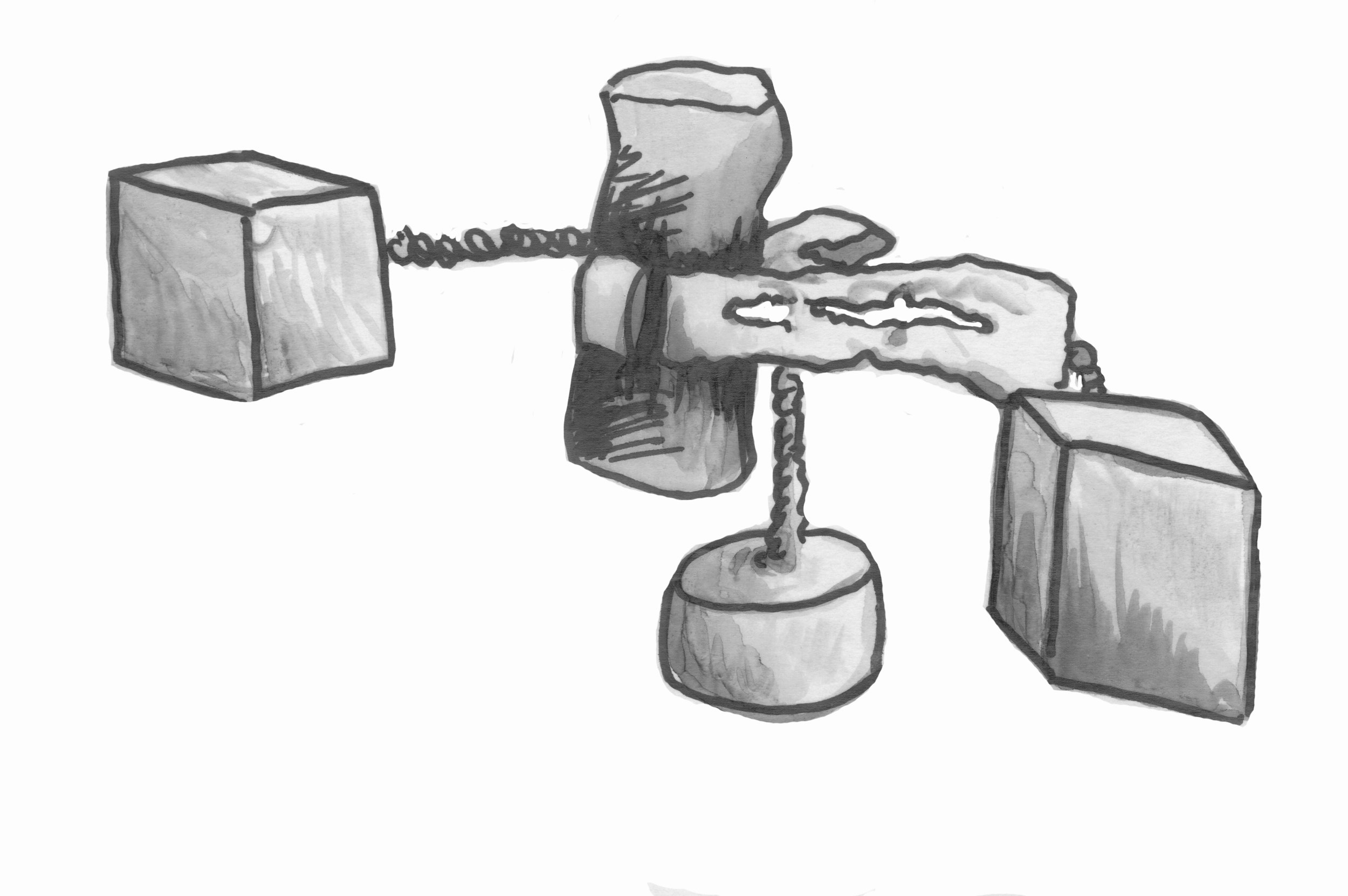The Future of Labor
Hexus Lab: A Mobile 4D Certification Center for Manufacturing Workers
Overview: In Long Island City, Queens, NY, gentrification is changing the dynamics of manufacturing companies from industrial to residential. Automation and emerging technology are shifting labor practices. This project explores what the future of labor will look like for manufacturing workers and proposes, Hexus Lab, a 4D mobile certification center to make safety training and certifications more accessible.
Main Collaborators: Juliana Chohfi, Alyssa Kropp
Opportunity Space: Immigrant group cooperatives or worker-led organizations
Organization Insider: LIC Partnership - “advocate for economic development”
Role: Research collaboration, concept development, identified frameworks, visual designs
Rendering by: Juliana Chohfi
Concept Proposal
Design Process: How the Concept was Developed
A Framework for Problem Finding and Solving
Before developing a solution or concept for the future of labor, our team had to start by framing the problem. What are we exploring? The initial goal is to surface patterns from insights and observations from desktop research and interviews.
a collaborative Research Methodology
This diagram articulates a transdisciplinary research process to provide diverse perspectives and the team from developing any bias.
Research Outcome: A Research Dossier
Key Facts: Critical insights
Hunches: Where the facts are guiding the team
New automated machinery will force manufacturing employees out of work
Certified training is necessary to compete with emergent technology
Co-working spaces will impact manufacturing companies
PROBLEM DEFINITION DEFINED
“How might we deliver certified training to LIC manufacturing workers to respond to the increased use of emerging technology?”
Synthesis
Developed from observations, community interviews, and desktop research. Our focus area was centered in the human capital and opportunity quadrant.
Ideation
Sketches
Early concept development was guided by primary and secondary research. Partnering business and organizations were the leading experts to inform current industry pain points and opportunity spaces. The first ideation approach was to independently sketch a response to hunches generated from the research phase. To create the sketches, abstract toys were constructed and then given a realistic product / service function.
The future of co-working
Team analysis revealed the digital opportunities to further connect people in co-working spaces. The most consistent data recognizes the increase of co-working spaces and remote working employees. The image sketches and proposes a mobile application to identify facility resources and acknowledge people's working status for potential networking or collaboration.

